On May 19, the leader of the Tax Department of Region XI confirmed that the unit had established a delegation to work with a number of schools in Quang Binh to clarify information on value-added tax collection for boarding school meals.
The Tax Department of Region XI also requested its affiliated units to coordinate with the Departmentof Education and Training of districts to propagate and clearly explain tax policies to each school and parents, avoiding causing misunderstandings in public opinion.
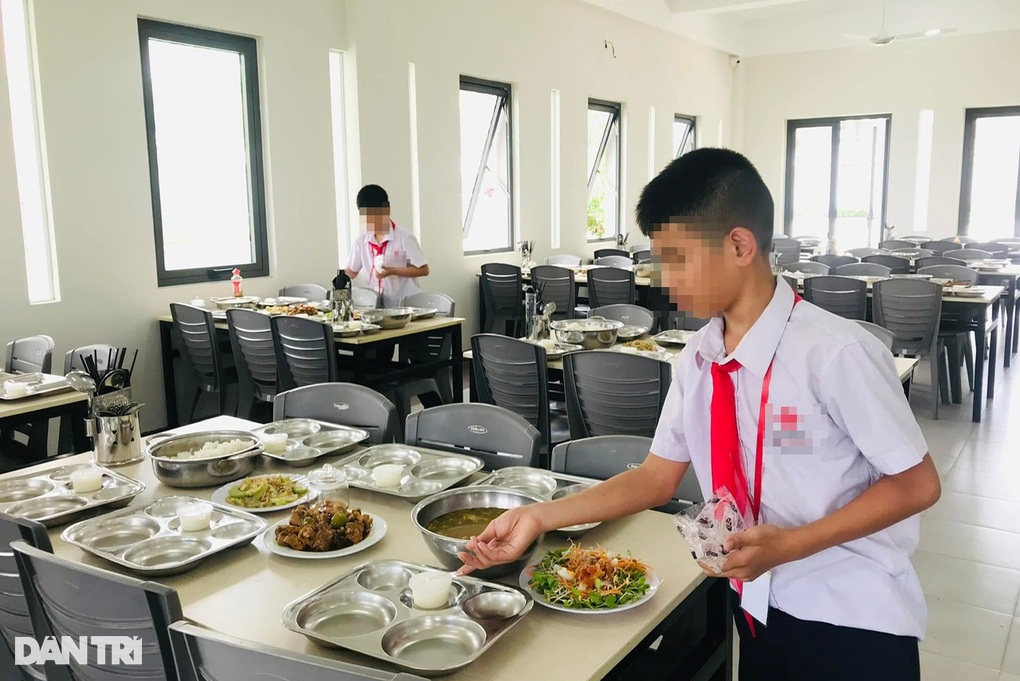
Meals for students at a school in Quang Binh (Photo: Tien Thanh).
Previously, the Chairman of the People's Committee of Quang Binh province directed the Tax Department of Region XI to preside over and coordinate with departments, branches and localities to clarify information that boarding meals for students must pay value added tax twice.
The view of the Chairman of Quang Binh province is to absolutely not allow the situation of paying taxes twice for a service.
As Dan Tri reported, recently, many kindergartens and primary schools in Quang Binh received documents from the tax sector, requiring them to pay value-added tax for many activities in the 2024-2025 school year, including tax on boarding meals.
Leaders of some schools believe that when organizing boarding meals, the purchase of raw materials and food must have an invoice, meaning that the supplier has paid value added tax, so imposing additional tax on each student's meal is inappropriate.
Regarding the above issue, Mr. Doan Vi Tuyen, Deputy Head of the Tax Department of Region XI, said that the current tax collection at public schools is not contrary to the resolution of the People's Council of Quang Binh province.
According to Mr. Tuyen, the current tax law has two methods of calculating value added tax: deduction and direct.
With the deduction method, the tax payer must record accounting books and invoices according to regulations. Then, the amount payable is the difference between output VAT and input VAT (must meet the deduction conditions).
If the unit cannot keep accounting books, invoices and vouchers, the law stipulates a fixed tax rate on total revenue from goods and services and the value added tax rate is calculated as a percentage, depending on the goods and services.
Explaining more clearly about calculating taxes for boarding school meals, Mr. Tuyen said that when schools can keep accounting records and have full invoices for purchasing ingredients, they will be able to deduct taxes.
In case the school cannot account for input invoices, it will not be able to deduct the tax paid when purchasing cooking ingredients. This leads to schools claiming that they have to pay value added tax twice.
Source: https://dantri.com.vn/giao-duc/thong-tin-moi-vu-bua-an-ban-tru-cua-hoc-sinh-phai-dong-2-lan-thue-20250519173945103.htm


![[Photo] Close-up of Tang Long Bridge, Thu Duc City after repairing rutting](https://vphoto.vietnam.vn/thumb/1200x675/vietnam/resource/IMAGE/2025/5/19/086736d9d11f43198f5bd8d78df9bd41)
![[Photo] General Secretary To Lam attends the conference to review 10 years of implementing Directive No. 05 of the Politburo and evaluate the results of implementing Regulation No. 09 of the Central Public Security Party Committee.](https://vphoto.vietnam.vn/thumb/1200x675/vietnam/resource/IMAGE/2025/5/19/2f44458c655a4403acd7929dbbfa5039)


![[Photo] Panorama of the Opening Ceremony of the 43rd Nhan Dan Newspaper National Table Tennis Championship](https://vphoto.vietnam.vn/thumb/1200x675/vietnam/resource/IMAGE/2025/5/19/5e22950340b941309280448198bcf1d9)
![[Photo] President Luong Cuong presents the 40-year Party membership badge to Chief of the Office of the President Le Khanh Hai](https://vphoto.vietnam.vn/thumb/1200x675/vietnam/resource/IMAGE/2025/5/19/a22bc55dd7bf4a2ab7e3958d32282c15)



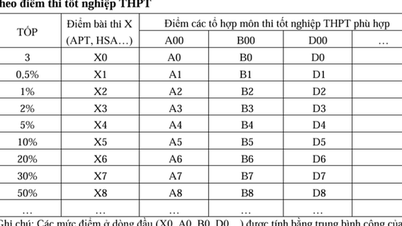

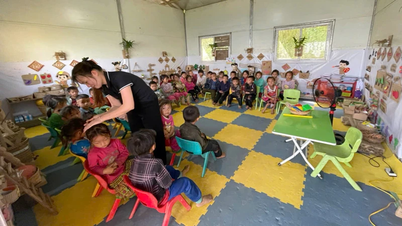


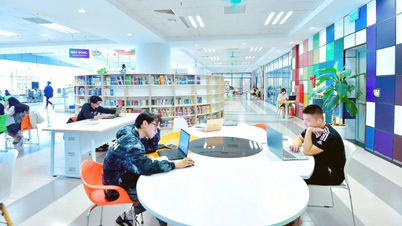








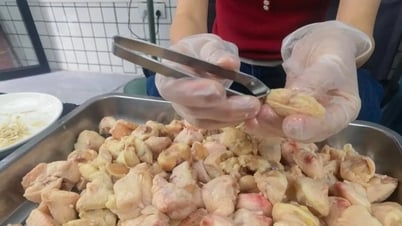














































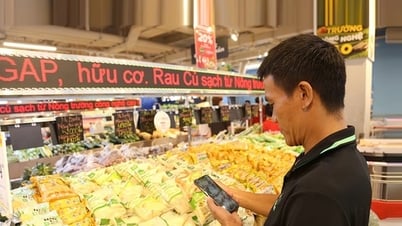

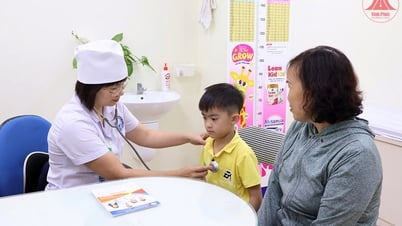
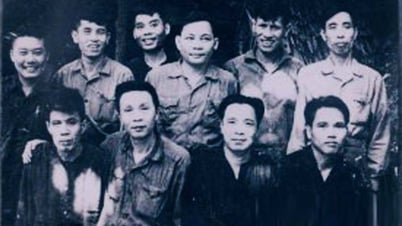

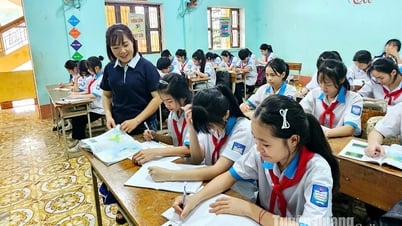

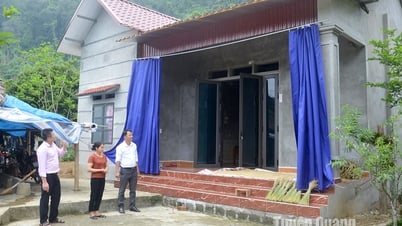





![[VIDEO] - Enhancing the value of Quang Nam OCOP products through trade connections](https://vphoto.vietnam.vn/thumb/402x226/vietnam/resource/IMAGE/2025/5/17/5be5b5fff1f14914986fad159097a677)



Comment (0)